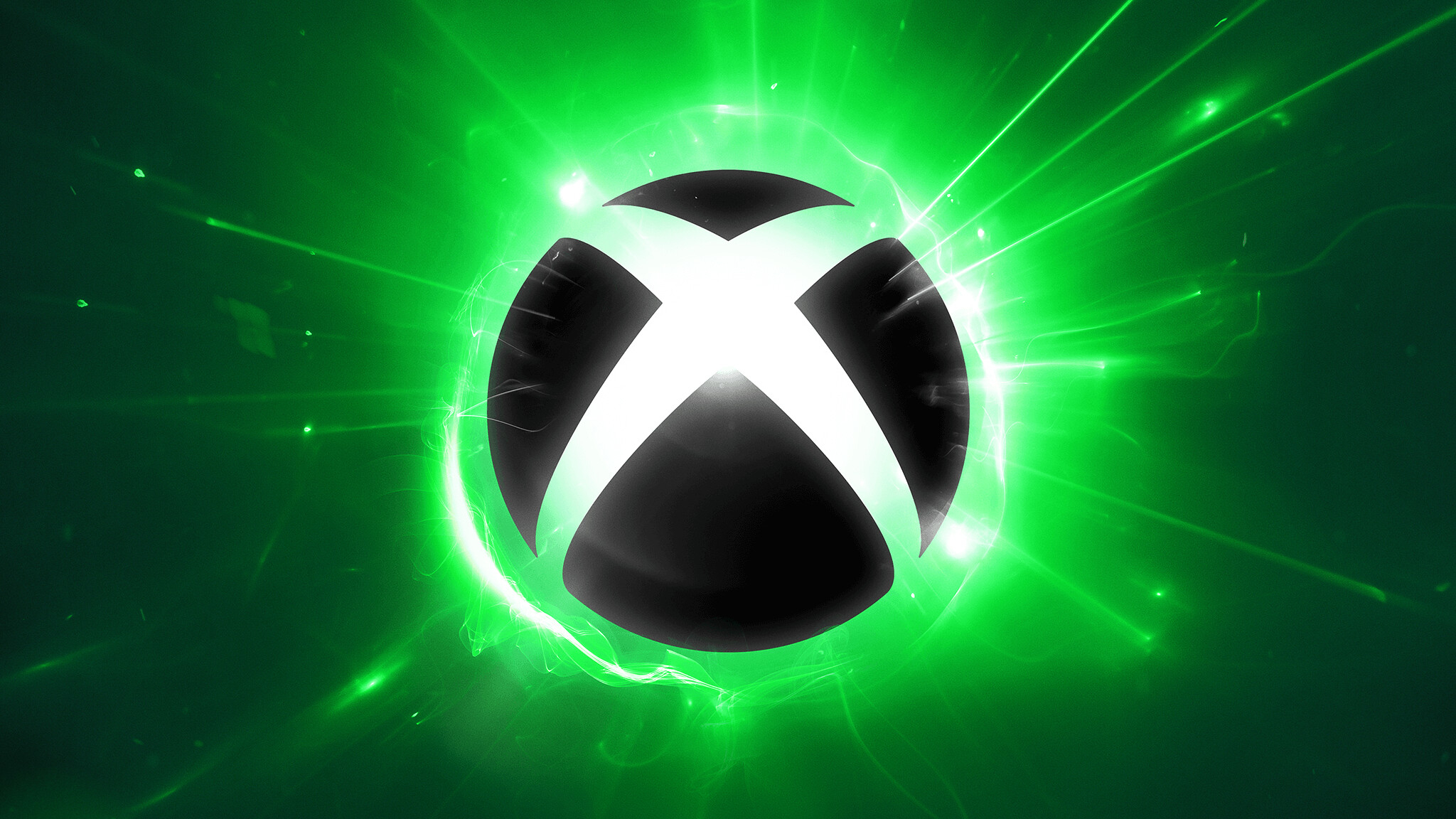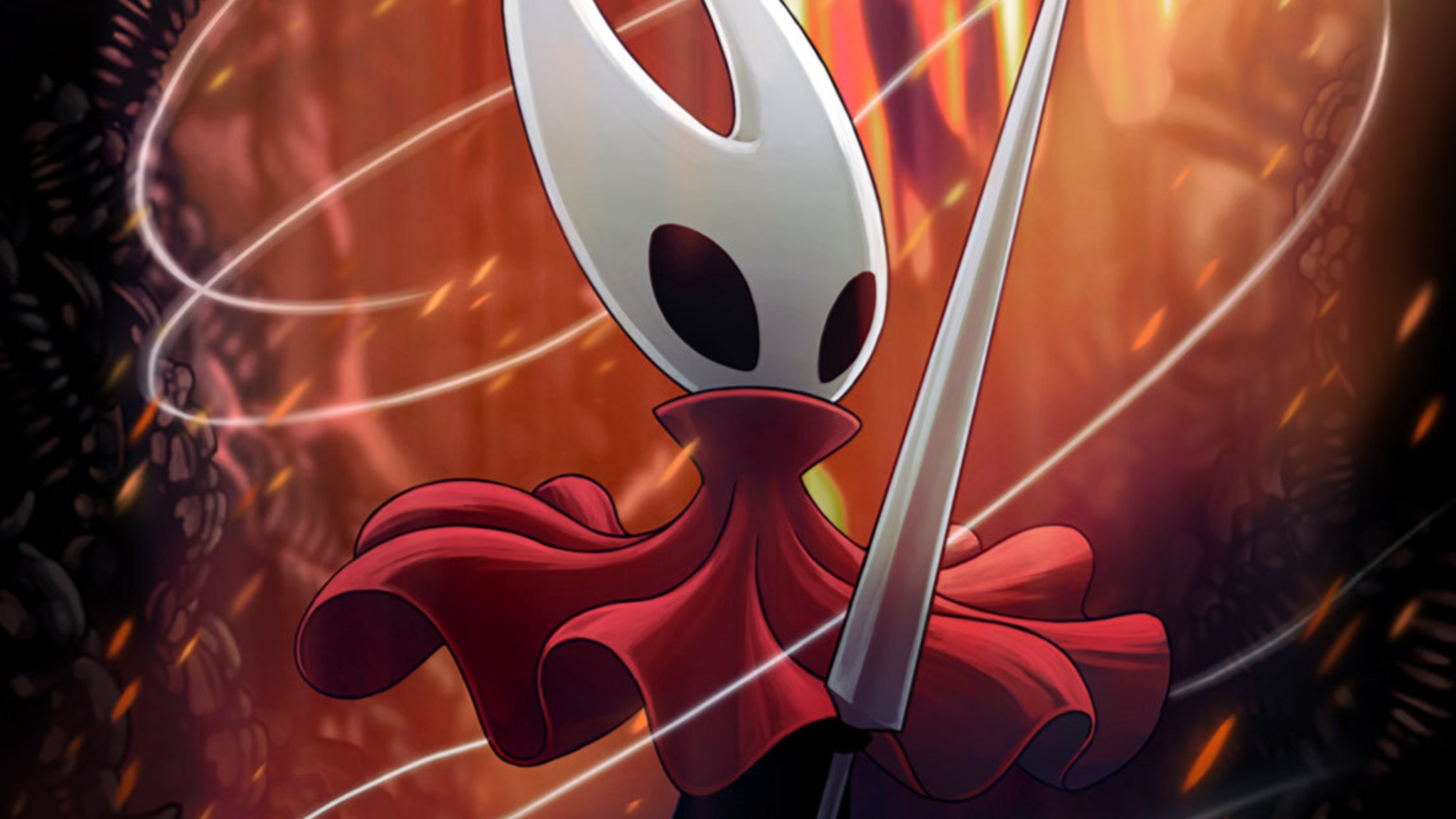
As a dedicated gamer, I’ve felt that gut-wrenching disappointment all too often – the heartbreak of eagerly awaited games getting cancelled, sometimes leaving us questioning if we should believe every announcement with a hint of skepticism. It’s especially frustrating when games are unveiled with just a name and some basic visuals, leaving fans unsure whether they’ll ever get to play it.
Recently, Xbox has been under scrutiny for cancelling Contraband, but they’re far from the only culprit. Companies often announce a game, then disappear for months or even years before finally pulling the plug on the project. It leaves us gamers hanging, hoping and waiting for news that may never come.
The Problem With Video Game Announcements

Building excitement is an effective marketing strategy, but it can become problematic when the gap between a game’s announcement and its launch becomes so vast that fans may ultimately lose interest and forget about the game entirely. The case of Contraband serves as another illustration-it was unveiled in 2021 with a title card and a simple premise, but then fell into silence until Avalanche Studios announced the termination of development for Contraband in early August 2025.
One frequently discussed instance where a game was announced prematurely is ‘Hollow Knight: Silksong,’ which Team Cherry unveiled in 2019, and it’s now six years later with no sign of release. The game and its updates have become the butt of jokes within many online communities, as people suspect that it will never be released despite there being no formal cancellation announcement. Even though the Nintendo Switch 2 Direct mentioned a potential launch in late 2025, it’s still challenging to take this seriously due to years of broken or false promises about its imminent arrival.
A concerning pattern in video game promotion involves developers creating cinematics before the game is fully developed, or sometimes even before its actual development has started. This predicament can leave gamers in an awkward waiting phase, as succinctly expressed by u/FutureEditor on Reddit.
Comment
byu/Turbostrider27 from discussion
inGames
Originally, the primary concern following a game’s announcement was whether it would live up to expectations; nowadays, fans are more concerned about the game not being released at all. For instance, PlayStation unveiled “The Last of Us” in 2011 and it hit the shelves in 2013. Despite its two-year production period, there were minimal fears that the game would be scrapped. Nowadays, with so many games getting cancelled during development, players are hesitant to get excited until a release date is confirmed, and even then, it’s not guaranteed. Recently, Bungie has indefinitely delayed “Marathon” following its alpha test, and they aren’t the only studio guilty of adjusting the release dates for announced games. However, industry criticism over such practices has led some publishers to reconsider their methods in recent times.
How Some Video Game Publishers Have Changed

Instead of revealing Battlefield 6 years ahead as some game studios do for generating early hype, Electronic Arts (EA) decided to keep it under wraps until July 22, 2025, just a week before the first teaser trailer was unveiled. An open beta ensued shortly after with an official release date set for October 10, 2025. Unlike other studios that announce games early to generate excitement and launch large marketing campaigns, EA only disclosed their game when they were confident they could deliver a quality product. This strategy not only created genuine anticipation among fans but also reinforced trust in the company’s commitment to delivering as promised, thereby benefiting both publisher and audience.
It appears that Microsoft is adopting a consistent strategy with its 2025 releases and announcements, much like how they unveiled over 30 games at the Xbox Games Showcase in June, many of which have definite 2025 release dates. This move seems to be an effort by Microsoft to rebuild some of the trust that was eroded due to the cancellation of Contraband. Over the years, gamers have become cautious about getting too enthusiastic over games announced well before they reach a beta stage, as they’re unsure if these games will ever come to fruition. Now, it falls upon publishers and studios to collaborate in order to regain the trust that has been lost.
What The Video Game Industry Should Do Going Forward

Based on the changes in direction taken by companies like EA and Microsoft, it’s clear that prioritizing games set for release this year is key to rebuilding consumer trust. Rather than continually announcing and hinting at games still years away from release, studios and publishers should ensure their current projects are delivered to players’ hands. When they demonstrate a track record of fulfilling their promises, fans will be more understanding of long-term promotional strategies.
Another aspect to consider regarding this matter is that numerous abandoned projects stem from insufficient financial resources, resulting in a shortage of personnel, a problem that has afflicted various industries and caused mass layoffs across multiple sectors, including gaming. However, the gaming industry has experienced a disproportionate impact during the past three years or so, with significant studios letting go of thousands of developers who create the games. Perhaps a solution could be a reduction in grandiose aspirations and a focus on developing high-quality games rather than colossal, groundbreaking masterpieces. Not every game needs to be the best of the year; most players would simply be grateful for its release.
https://comicbook.com/gaming/news/summer-game-fest-best-unexpected-games/embed/#
Read More
- How to Get the Bloodfeather Set in Enshrouded
- 4 TV Shows To Watch While You Wait for Wednesday Season 3
- Gold Rate Forecast
- The Pitt Season 2, Episode 7 Recap: Abbot’s Return To PTMC Shakes Things Up
- Every Targaryen Death in Game of Thrones, House of the Dragon & AKOTSK, Ranked
- 10 Movies That Were Secretly Sequels
- Goat 2 Release Date Estimate, News & Updates
- One of the Best EA Games Ever Is Now Less Than $2 for a Limited Time
- Best Werewolf Movies (October 2025)
- Best Controller Settings for ARC Raiders
2025-08-14 00:43